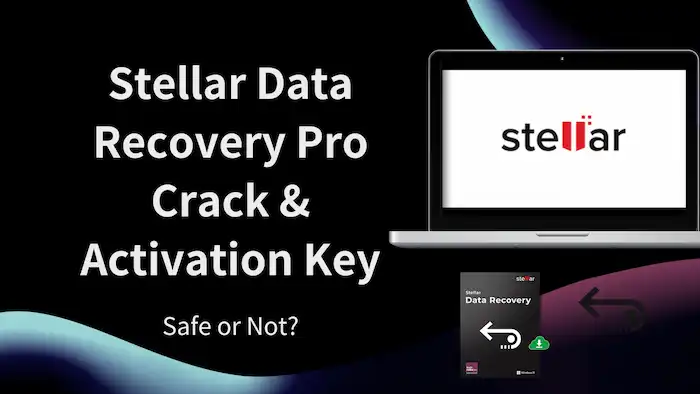Improve PC performance by entering PC software utilities.
In today’s digital world, PC (Personal Computer) is an integral part of our daily lives. We rely on PC for work, entertainment, education and many other things. However, over time, PC performance can gradually decrease. Several get into pc software utilities are available to help improve your PC’s performance. In this article, we will discuss how to increase the performance of your PC using PC software utilities.
Reasons for decreased PC performance
There can be many reasons for decreased PC performance. Some of the common reasons are:
Excess files and applications: Using a PC for an extended period can cause the accumulation of unwanted files, temporary data, cookies, and cache files. These files create additional pressure on the PC’s storage space and slow down the PC.
Lack of software updates: Failing to update software or drivers can harm the PC’s performance. This can create bugs and other security risks in the system.
Unnecessary startup programs: Some programs start automatically when the PC starts. If these programs are unwanted, they can waste PC resources and slow down the system.
Viruses or malware: Computer viruses, malware, or spyware can significantly reduce a PC’s performance. This type of software steals PC resources and slows down the system.
What are PC software utilities?
PC software utilities are tools or programs designed to enhance the performance of a PC. These utilities are designed for various tasks, such as file cleaning, driver updates, registry maintenance, and virus scanning. Using these tools, you can enhance the PC’s speed and eliminate unnecessary system issues.
How to improve performance using PC software utilities?
1. Use the disk cleanup tool
The first step to improve PC performance is to perform a disk cleanup. You can delete temporary files, Internet cache, and system files using the built-in disk cleanup tool in Windows. This will free up space on your PC’s hard drive and improve your system’s performance.
How to use:
Go to the “Start” menu and search for “Disk Cleanup”.
Launch the tool and select the disk you want to use.
Begin the cleanup process by deleting unnecessary files.
2. Manage startup programs
Sometimes, we are unaware that specific programs start automatically when the PC boots up. Many of them are rarely used and waste system resources.
How to stop them:
Open Task Manager (Ctrl+Shift+Esc) and go to the “Startup” tab.
Here, you will see which programs are starting up. Select the unwanted programs and “Disable”.
3. Update drivers
Outdated drivers can negatively affect your PC’s performance. Sometimes, if hardware drivers are not updated, the PC’s speed can slow down.
How to update:
Open Device Manager (Start > Device Manager).
Here, you will see all the drivers on your PC.
Click on each driver and use the “Update driver” option.
4. Use antivirus software
Viruses and malware slow down the PC. They steal system resources and can sometimes cause the PC to crash.
How to scan for viruses:
Install good antivirus software (such as Norton, McAfee, and Bitdefender).
Scan the system and check for the presence of any malware or viruses.
Quarantine or delete the infected files.
5. Registry Cleanup
The registry is a crucial component of the PC, where system settings and configurations are stored. Sometimes, incorrectly installed programs or applications leave unwanted entries in the registry.
How to clean:
Use a registry cleanup software (such as CCleaner).
Scan the registry and delete unwanted entries.
6. RAM and CPU Management
Managing your PC’s RAM and CPU is crucial at times, especially when you have too many programs running, as your system’s resources become overloaded, causing them to slow down.
How to take action:
Open Task Manager (Ctrl+Shift+Esc) and check the amount of RAM and CPU usage.
Close unwanted programs and keep system resources free.
Conclusion
Using PC software utilities is an easy and effective way to improve PC performance. Using the tools mentioned above, you can optimise your PC’s performance and maintain system stability. However, along with these, it is essential to perform regular software updates, virus scans, and maintenance. Taking regular care of your PC will keep it running smoothly for an extended period, enabling you to work more efficiently.
If your PC is slow, then you can get a quick solution using this utility.




